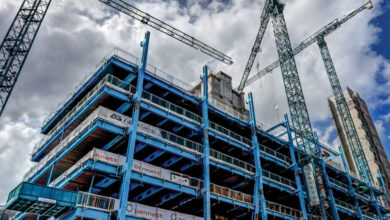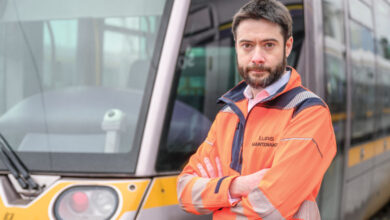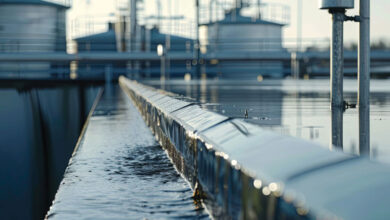Securing Ireland’s future: Enhancing efficiency in infrastructure delivery
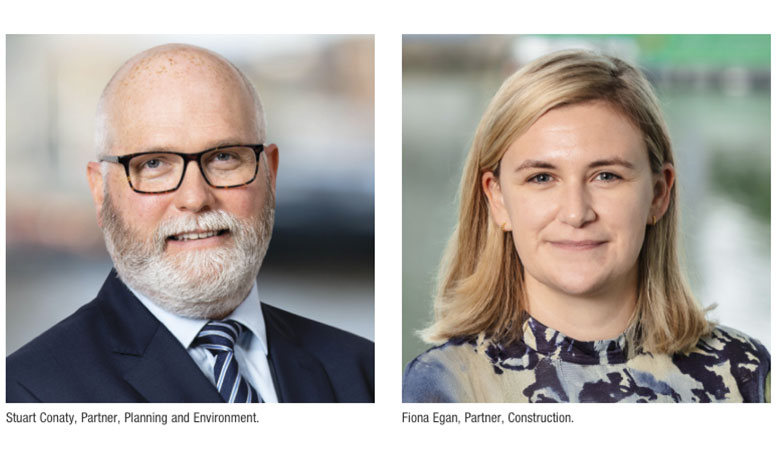
Stuart Conaty and Fiona Egan, partners in Beauchamps, discuss a number of opportunities for streamlining existing processes and expediting the delivery of public infrastructure.
With the pressing need to accelerate the delivery of housing required to support its growing population, facilitate sustained economic growth and decarbonise its economy by 2050, Ireland must streamline the delivery of critical infrastructure.
One of the key objectives of the latest EU Renewable Energy Directive (RED III) introduced in October 2023 is the streamlining of the consent process for renewable energy projects as well as the “grid and storage projects that are necessary to integrate renewable energy into the electricity system”. Given Ireland’s reliance on electrification to decarbonise its economy and a target of 80 per cent of its electricity generation from renewable sources by 2030, pretty much all the future expansion and upgrading of our electricity grid will come within RED III.
For Ireland to avail of this streamlined process the State must first identify the general areas where such grid infrastructure is required and undertake a strategic environmental assessment (SEA) of these areas, identifying appropriate mitigation measures to address any significant environmental impacts. The requirement for public participation is fulfilled by the SEA process and individual projects are exempt from the requirement to undergo an environmental impact assessment or appropriate assessment, with environmental protection assured through the implementation of the mitigation measures identified in the SEA process.
Streamlined consent for other infrastructure
RED III provides a blueprint which could be applied for other critical infrastructure such as water and wastewater. Article 2(4) of the EIA directive allows member states, at their own instigation, to derogate certain projects from the requirement to undergo an environmental impact assessment in “exceptional cases”. For a project to be an ‘exceptional case’ it must be a project where failure to implement the project would have an adverse impact on the public interest such that applying the full requirements of the EIA Directive would be likely to compromise achieving the objectives of the project. Where member states choose to apply this exemption, they must adopt alternative procedures to ensure the overriding objectives of the Directive are otherwise achieved.
Ireland has invoked Article 2(4) on one occasion only in 2022 for the installation of emergency generators to address the risk to the security of our electricity supply following the onset of war in Ukraine. However, the alternative assessment procedure adopted in that instance was cumbersome, but RED III now provides a very useful template for use with future derogations and Ireland should not be reluctant to use this procedure for other critical infrastructure.
Reforming public procurement
Procurement and delivery of majority Exchequer funded projects in Ireland is implemented through the Capital Works Management Framework (CWMF). While the CWMF aims to ensure transparency, accountability, and value for money, it has been criticised for its complexity and administrative burden. The Construction Industry Federation (CIF) is a vocal advocate for reform, highlighting issues such as the over-reliance on lowest-price award criteria, delays in tender awards, and the high cost of tendering. These factors have led to a narrowing of the tender pool, reducing competition and stifling innovation.
To address this, the CIF calls for a shift towards quality-based criteria and whole-life cycle costing. This approach would not only improve project outcomes but also encourage broader participation in public tenders.
The Housing Commission has also outlined a series of recommendations including, reducing the four stage approvals process for social housing projects to a single stage process, and reforming the public works contract focusing on collaboration and dispute resolution.
Embracing collaborative contracting
There is growing interest in alternative contracting models, such as the NEC (new engineering contract) form of contract, which emphasises collaboration, early contractor involvement, and proactive risk management. To date NEC in Ireland is generally associated with major infrastructure projects like MetroLink, though there are some promising examples of its use on both small and large scale projects in the UK and the North which suggest that NEC could play a broader role in Ireland and the NEC risk model should be taken into consideration as part of a broader review of the CWMF.
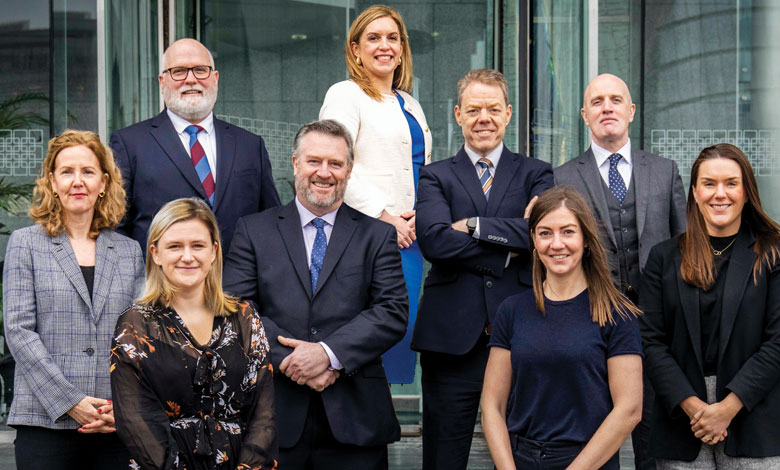
It should be noted many changes have been made to the suite of public works contracts in recent years to make the risk profile more balanced and palatable to tenderers. In many cases, however, where construction disputes arise, the form of contract alone is not the challenge, and the root cause of the dispute can often be traced back to procurement and tender stage, particularly as they relate to the adequacy and sufficiency of the works requirements/specification. To fully realise the benefits of collaborative contracting, Ireland must also invest in upskilling procurement teams and embedding best practices in risk management and dispute resolution.
Digitalisation also offers significant opportunities to improve efficiency. Building information modelling (BIM), for example, can enhance project planning and coordination, while modern methods of construction, and a move to more offsite manufacturing, can reduce construction timelines and lower embodied carbon.
A path forward
The challenges to delivering Ireland’s future infrastructure requirements are significant, but equally there are opportunities to overcome these challenges, streamline the consenting process and expedite the delivery of key infrastructure. Ireland needs to avail of all the measures available to it to streamline the consenting process and by prioritising quality over cost, embracing collaborative contracting, and leveraging digital technologies, it can deliver.
W: www.beauchamps.ie



